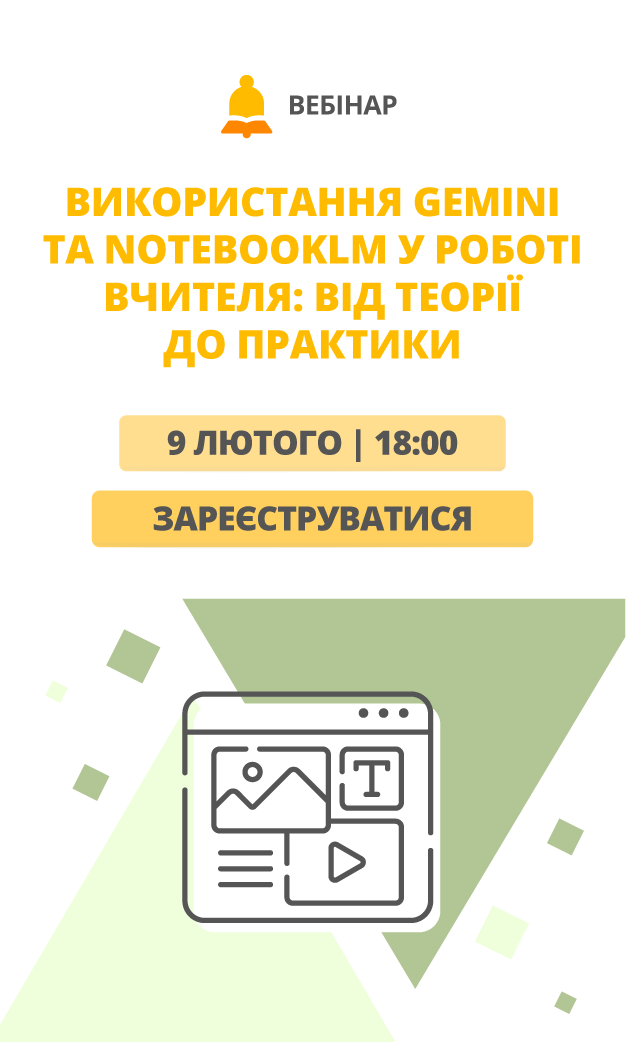ENGLISH, the 10th form (Nersysian M. A., Pirozhenko A. O.) (Exercise 8, p.140)
ОНЛАЙН-ТЕСТ складено за матеріалами підручника
«Англійська мова (10-й рік навчання, рівень стандарту)» підручник для 11 класу
закладів загальної середньої освіти / Нерсисян М. А., Піроженко А. О — К.; Ірпінь:
ТОВ «Видавництво «Перун», 2018 — 192 с.: іл.
Read the text about some risks the Internet can create.
Who doesn’t use social media these days? Usage of social networking sites has dramatically increased recently with the advancement of technology. Now even the smallest children know how an iPad works and many have a smart phone of their own! When we want to talk to friends we log on to Facebook or WhatsApp and send them a message rather than going to their houses! Everybody is tweeting, posting, and hashtagging!
This has a huge impact on society, and the unprotected segments of the population are at the greatest risk of having their rights abused. In this respect, cyber bullying is the main threat kids and teenagers can face online. What is it? What does it look like? Where does it happen? Most of them won’t be able to give proper answers to these questions, however 80% of modern children have either been cyber bullied, have seen cyber bullying happen, or even have been unkind online themselves at least once in their lives.
Cyber bullying means bullying through technology. This can include online sites and services, games, and phones. Cyber bullying can be more hurtful than other forms of bullying as it happens 24/7 and may seem impossible to get away from. As with other forms of bullying, it is not a oneoff or isolated event, but repeated attempts to upset or tease someone.
Here are some of the most common scenarios of cyber-terror that can take place, so imagine the following:
- You accepted a friend request from someone in your school and they started tagging you in horrible comments and pictures and sending you threatening private messages.
– Someone in your year group uploaded a video to their YouTube channel. A few people left really hurtful comments and encouraged others to unsubscribe.
– You took a picture of a girl who fell over in the canteen, spilling her food everywhere. You then shared this online saying how funny it was. It was re-shared by practically everyone in the school making fun of this girl. It really upset her and some people commented on the picture saying how mean you were.
What would you do? Do you know how to act in case something similar happens to you in real life? An old proverb says: “Forewarned, forearmed!” That is why it is extremely important to be aware of and prepared before doing any silly things. So, check some helpful guidelines to follow:
- If you are subjected to cyber bullying yourself tell a trusted adult about the incident, block or delete the contact, but remember to save the evidence (take screen shots) and never, ever reply.
– If you think someone is being cyber bullied also tell about it to a trusted adult, and try to support the person, let one know he or she is not alone. Make it clear that these messages are not OK and show others an example of netiquette by writing positive comments.
- In case you think you may have posted something that has upset someone, immediately remove the content, apologize to the person for your unacceptable behavior, and explain that you won’t do it again.
Bear in mind that the Internet is a good source of information, but much of it is false, so don’t believe everything you see. Remember to use only safe websites and create safe passwords, never share it with anyone, or give away any of your personal information. Think carefully before uploading photos or videos of yourself and with downloading too. Never open an attachment from someone you don’t know, it may contain viruses. Don’t forget, you are responsible for everything you do on social networking sites, for this reason be careful with what you share, because anything you post on the Internet can stay online forever. Don’t be rude – there is a real person on the other side, who has feelings too. Stay away from strangers, avoid making online friends; they aren’t real people in many cases and you must never agree to meet them in person. Once you see any worrying signs of online behaviour or something that makes you feel uncomfortable, go tell your parents without the slightest hesitation. Take care and be safe!
Choose the correct option according to the text.
1) Write the 3 KEEPs of Internet safety:
If you see anything suspicious on the computer that makes you feel worried:
Who is responsible for the information the user leaves online:
It’s okay to meet with a person that you’ve met on the Net, if:
Cyber bullying is especially dangerous for young people because of:

Створюйте онлайн-тести
для контролю знань і залучення учнів
до активної роботи у класі та вдома


















